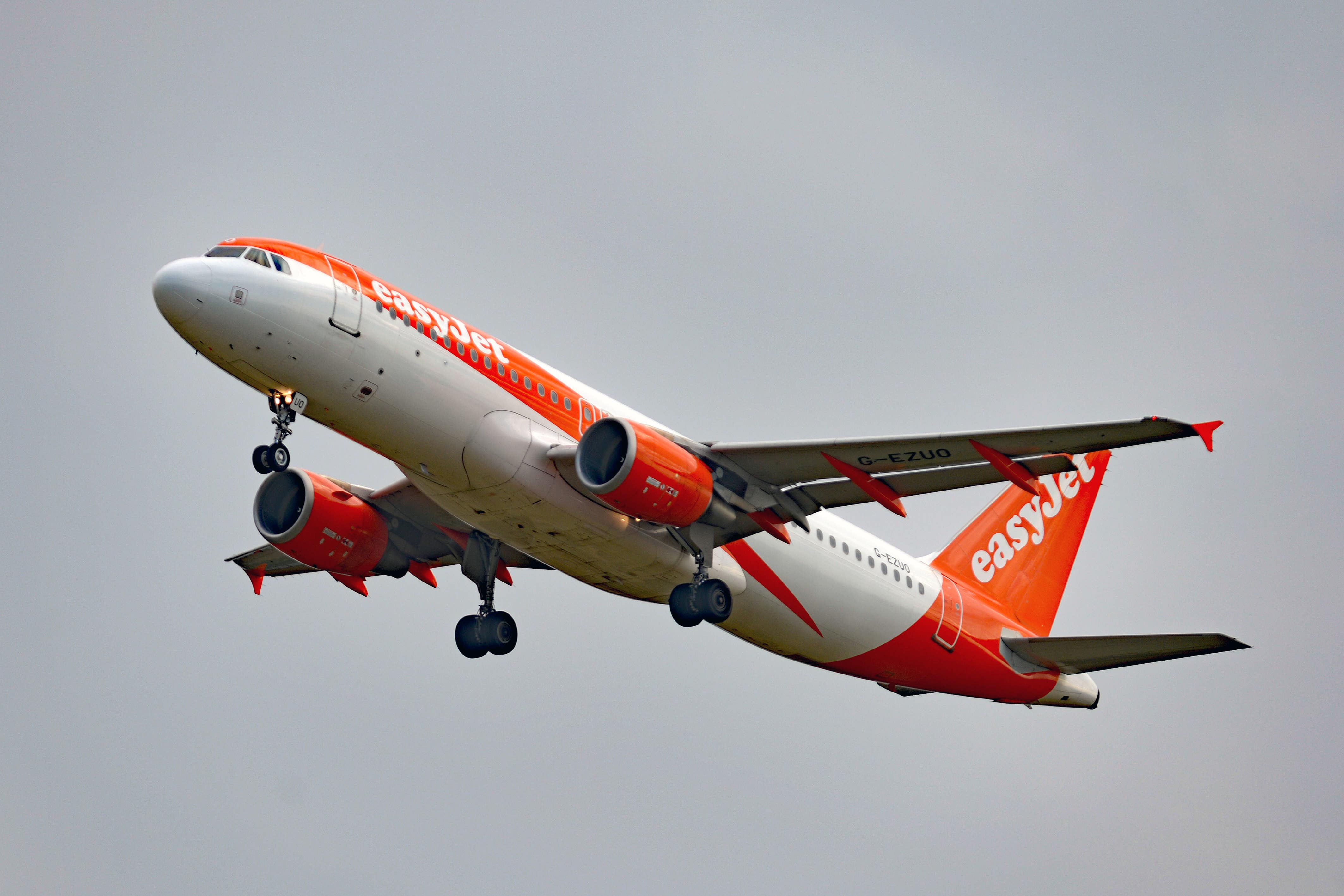EasyJet cuts winter losses by more than £50 million
The airline said it expects its headline loss before tax for the six months to the end of March to be up to £360 million.

Your support helps us to tell the story
From reproductive rights to climate change to Big Tech, The Independent is on the ground when the story is developing. Whether it's investigating the financials of Elon Musk's pro-Trump PAC or producing our latest documentary, 'The A Word', which shines a light on the American women fighting for reproductive rights, we know how important it is to parse out the facts from the messaging.
At such a critical moment in US history, we need reporters on the ground. Your donation allows us to keep sending journalists to speak to both sides of the story.
The Independent is trusted by Americans across the entire political spectrum. And unlike many other quality news outlets, we choose not to lock Americans out of our reporting and analysis with paywalls. We believe quality journalism should be available to everyone, paid for by those who can afford it.
Your support makes all the difference.EasyJet has revealed first-half losses are expected to narrow by more than £50 million after this year’s early Easter helped offset a hit from the Israel-Hamas conflict.
In an update on its half-year performance, the group said it is on track for headline pre-tax losses of £340 million to £360 million in the six months to March 31, against losses of £411 million a year earlier.
The airline said demand has bounced back since late November, with half-year figures also boosted by the start of the Easter holidays falling in March this year.
It comes in spite of a “direct impact” of around £40 million in the six months to the end of March due to the war between Israel and Hamas.
This relates to the suspension of flights to Israel and Jordan, alongside a softening of demand for trips to Egypt since the conflict began in October.
EasyJet said earlier this week that it is suspending flights to Tel Aviv for the next six months after Iran’s missile and drone attack against Israel at the weekend.
Between October and March, passengers numbers were up 8% year on year, while average fares paid increased by 9% to £65.
Seasonal demand for air travel means airlines often record losses in the winter and profits in the summer.
EasyJet chief executive Johan Lundgren said the company has “positive momentum” as demand “continues to build well for the summer”, particularly to destinations such as Majorca, Malaga, Portugal and Amsterdam.
He said “a lot of factors” were considered when suspending Tel Aviv flights.
Making the decision early in the summer season means the airline can reallocate aircraft to routes with “a stronger demand”, he added.
He went on: “The importance that consumers place on travel coupled with easyJet’s trusted brand has driven good demand for our flights and holidays.
“Our growth and focus on productivity have reduced winter losses by more than £50 million.
“We have further enhanced our network with the launch of new bases in Alicante and Birmingham providing greater choice for consumers across Europe.
“We are well set up operationally for this summer season where we expect easyJet to be one of the fastest growing major airlines in Europe and take more customers on easyJet holidays than ever before.”